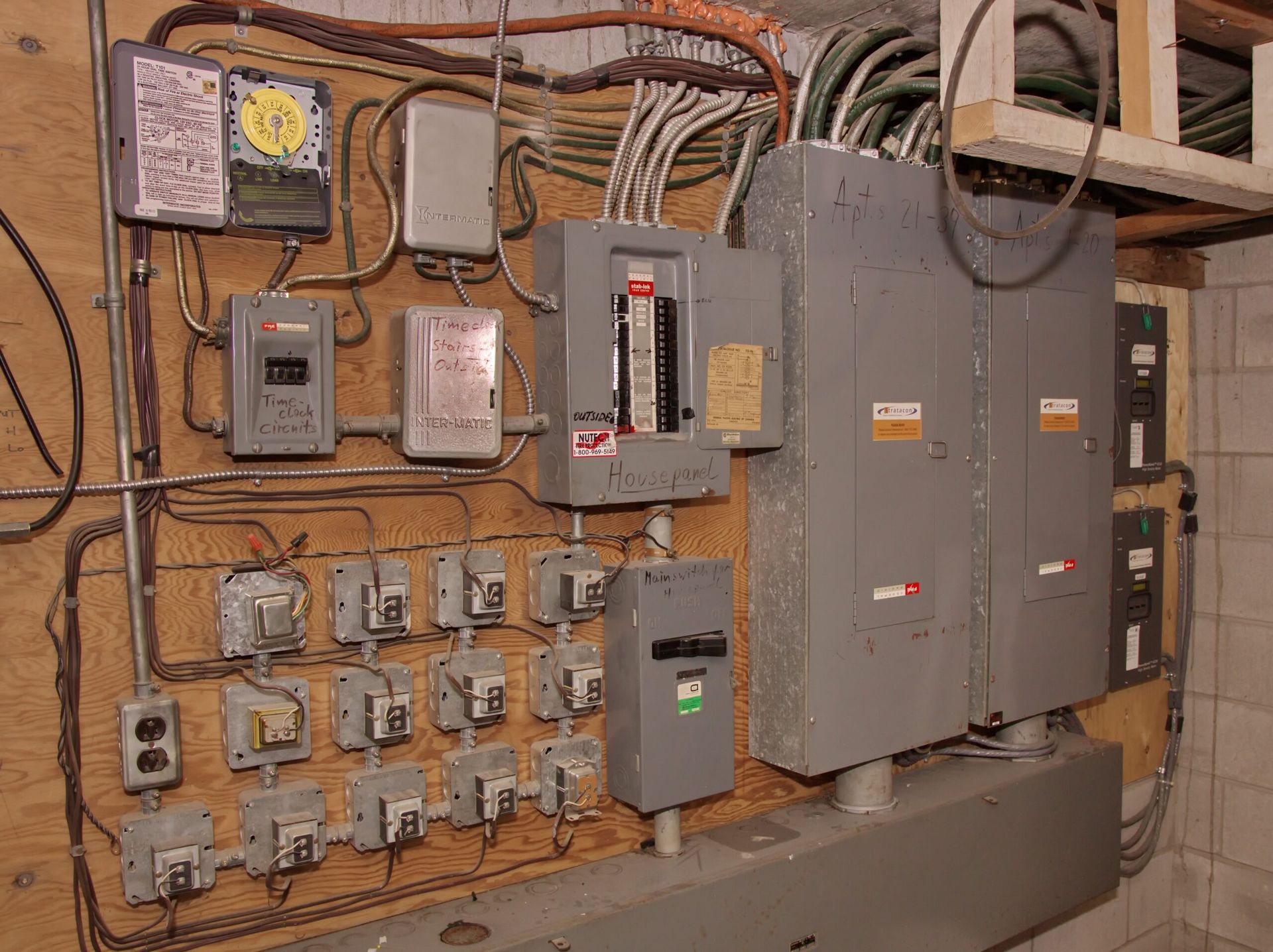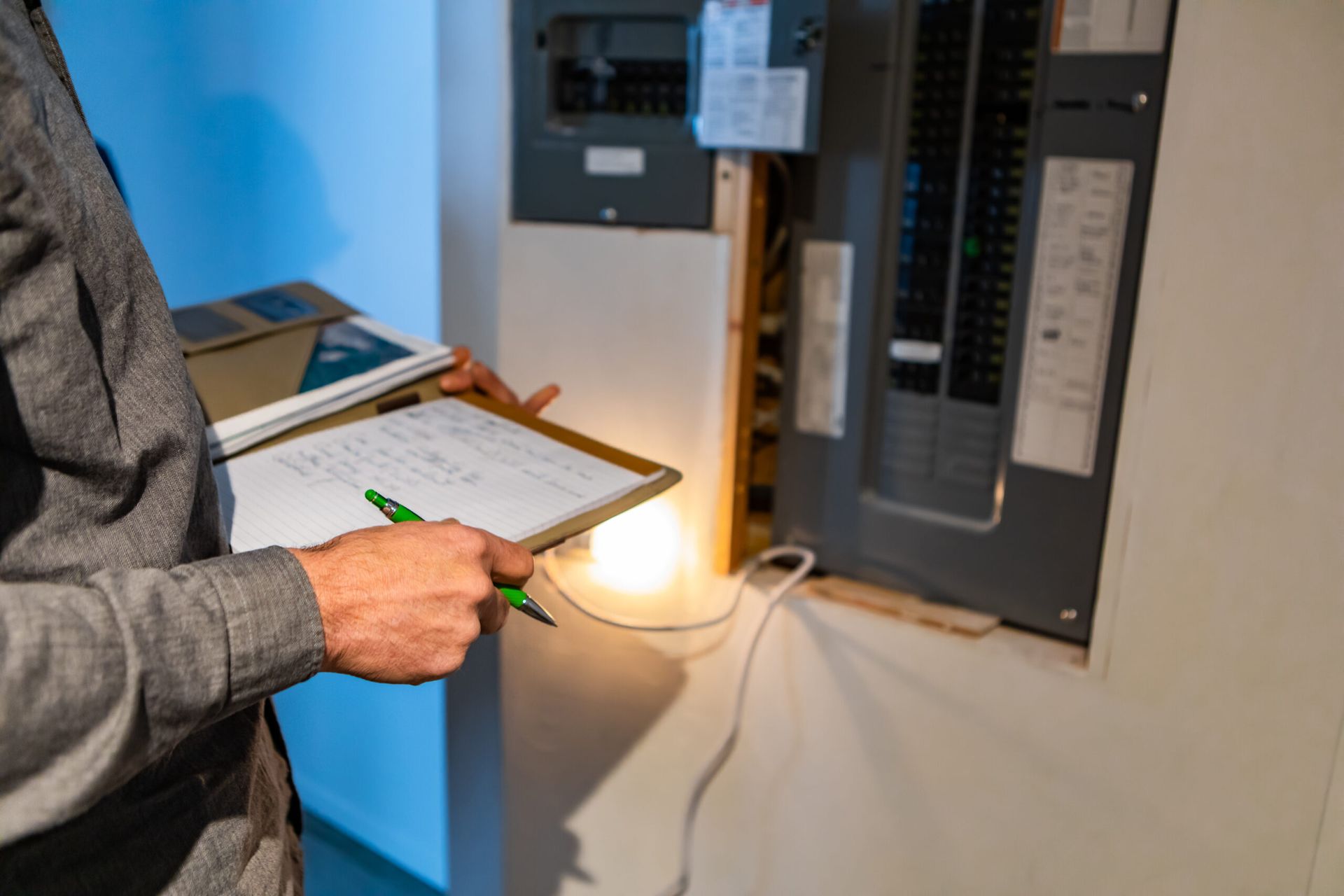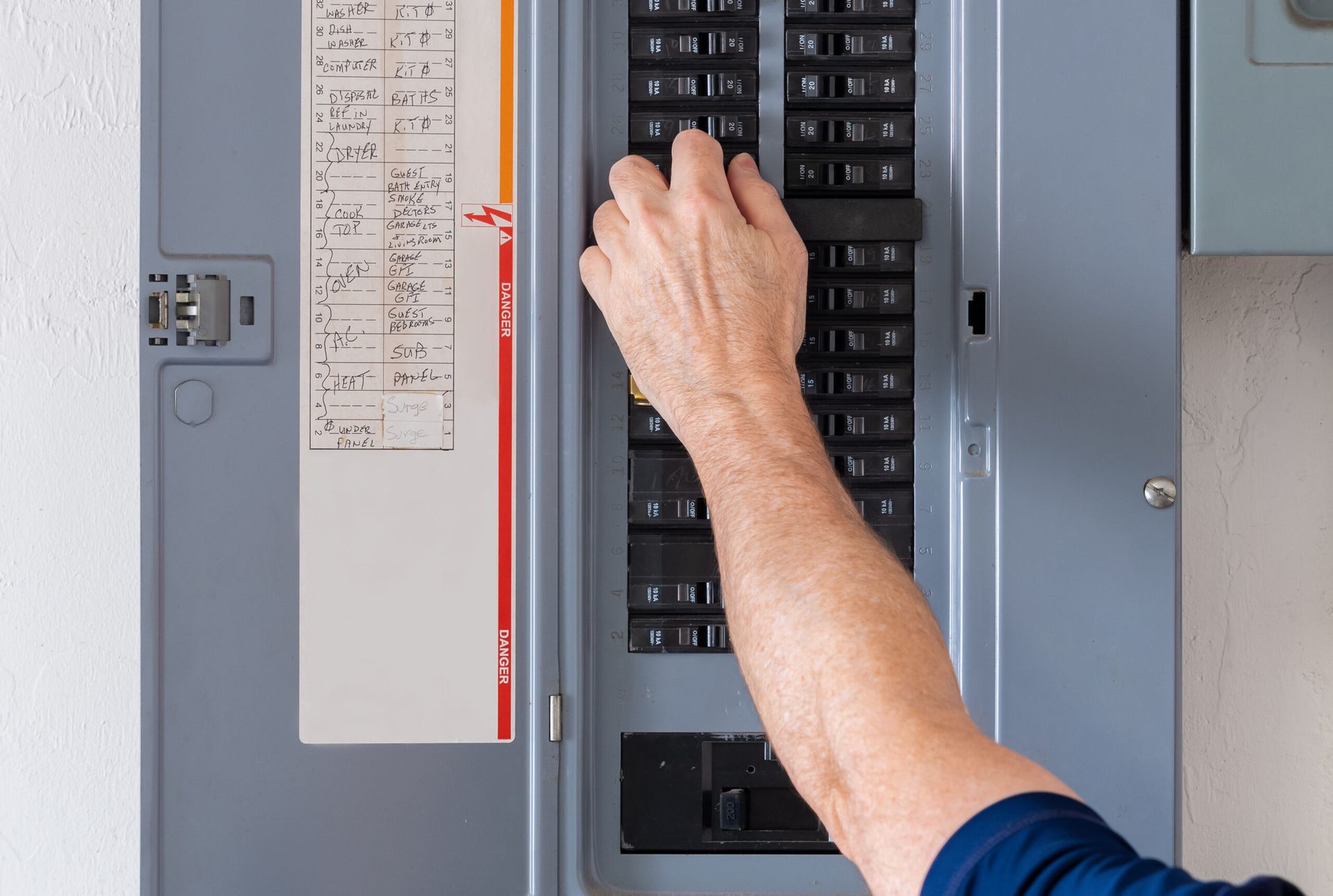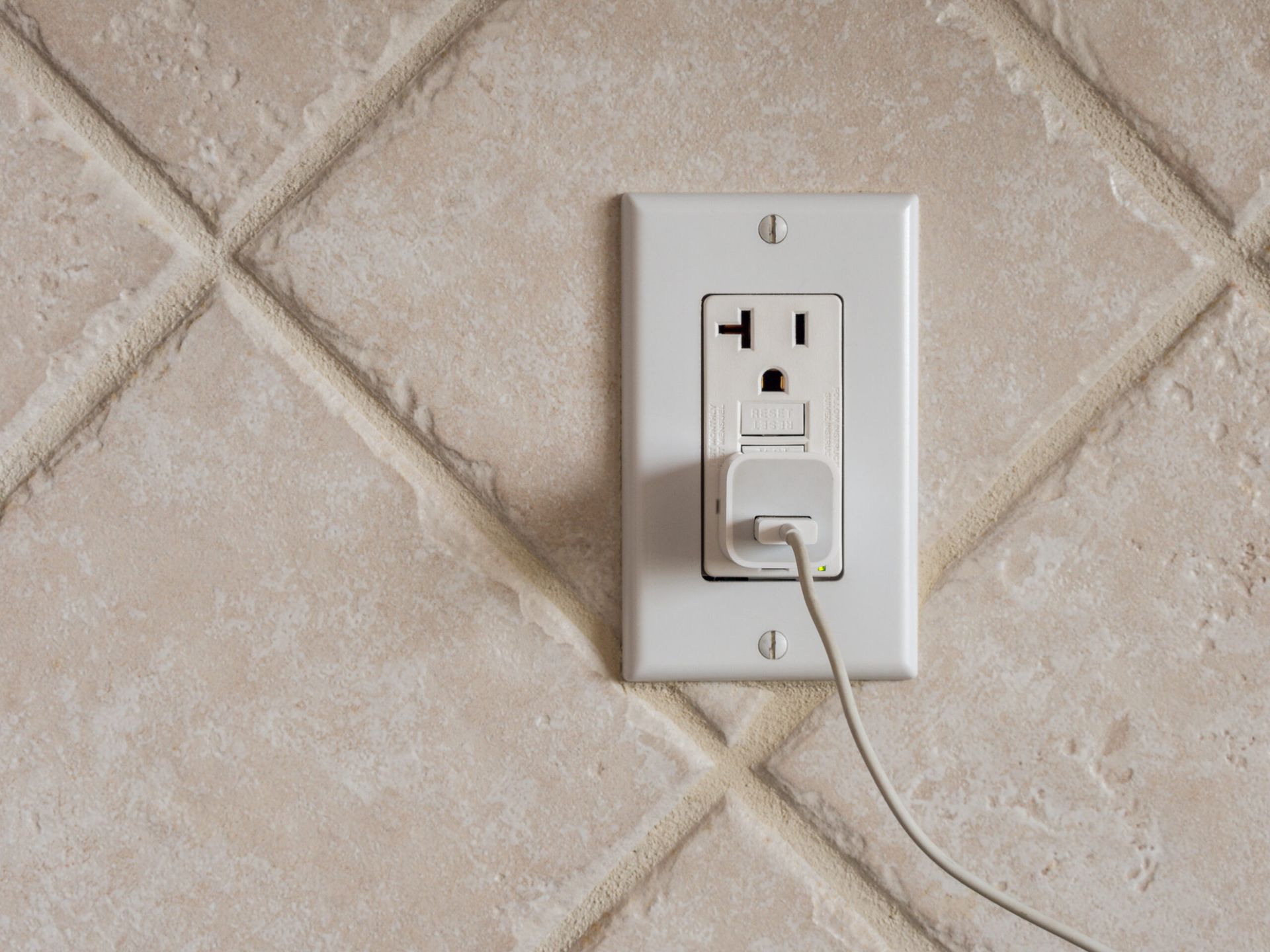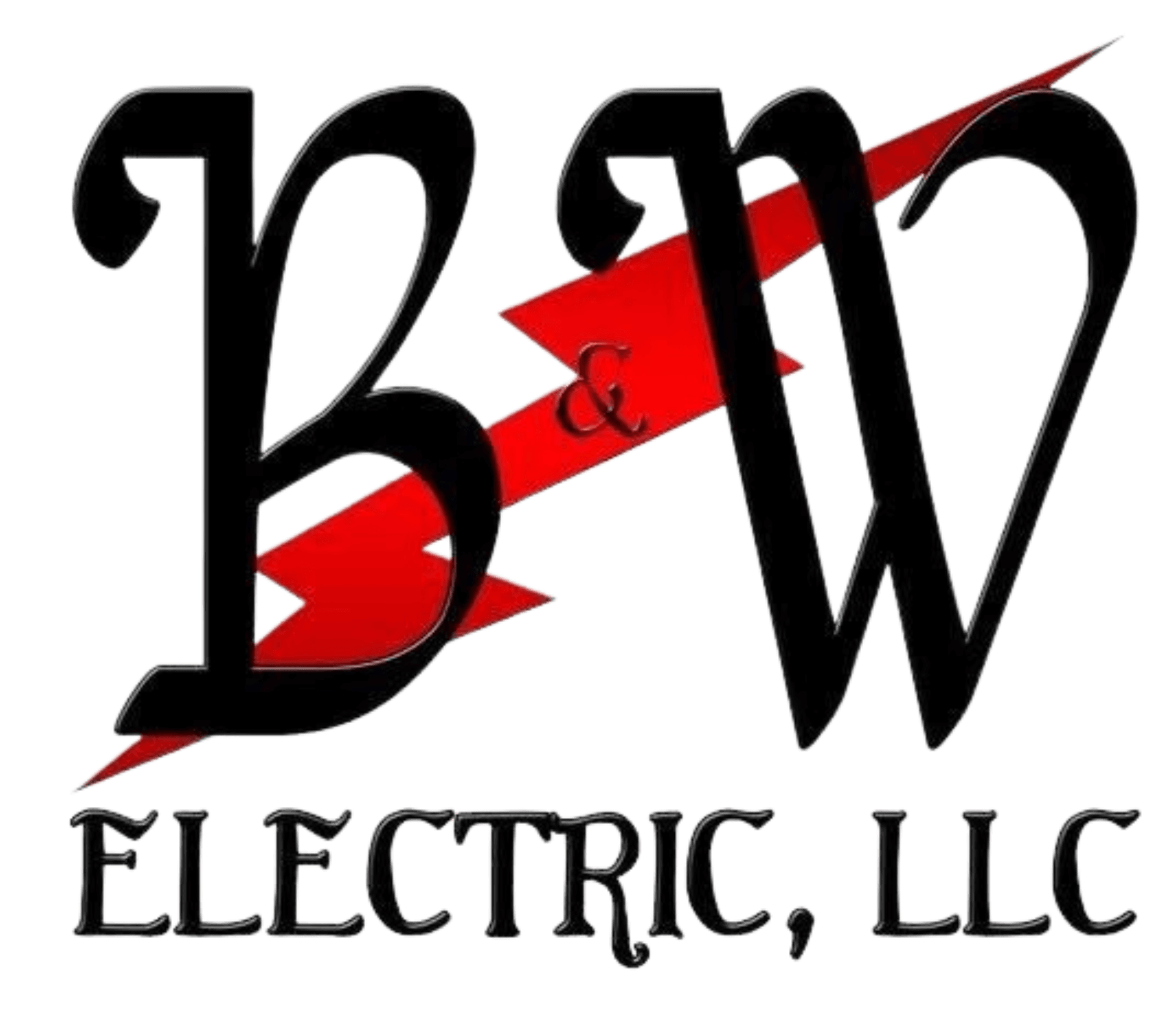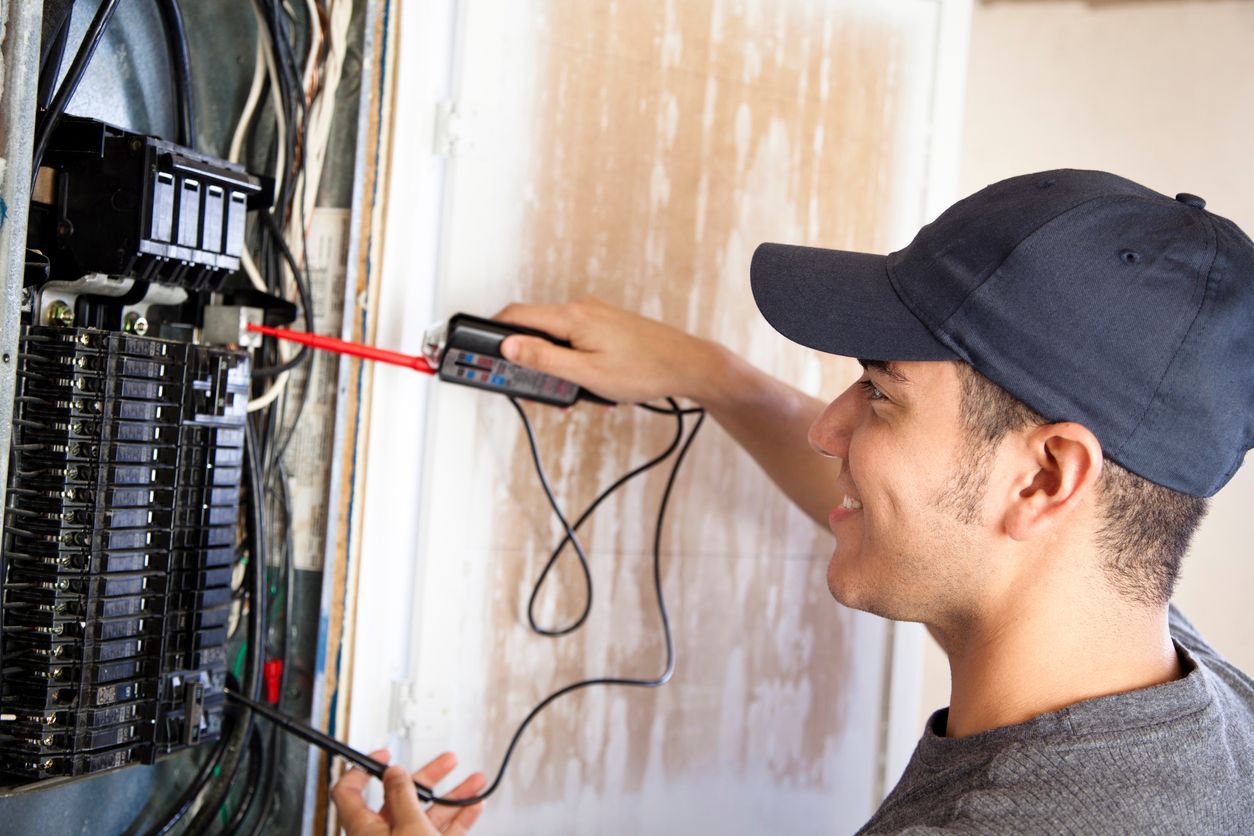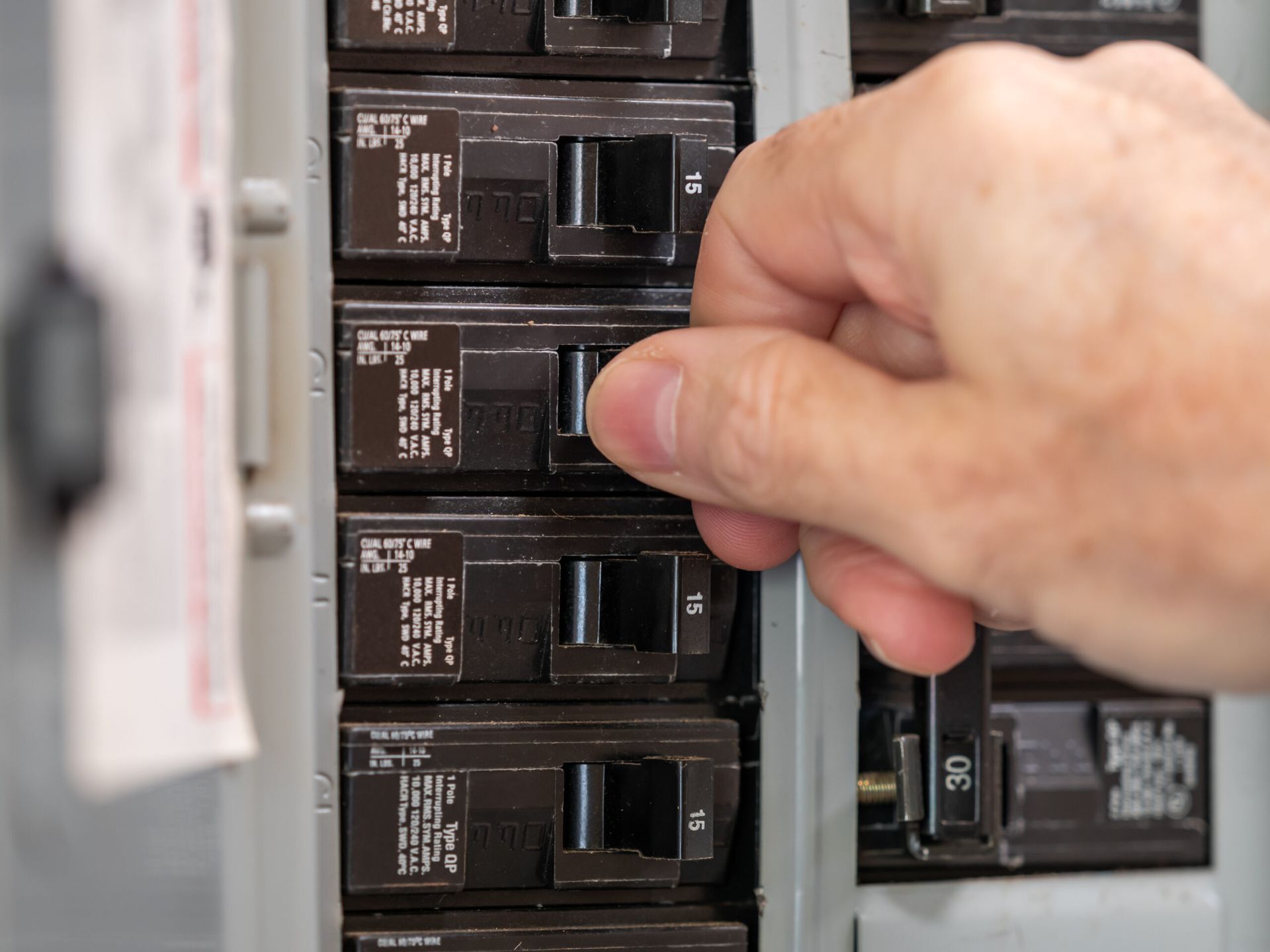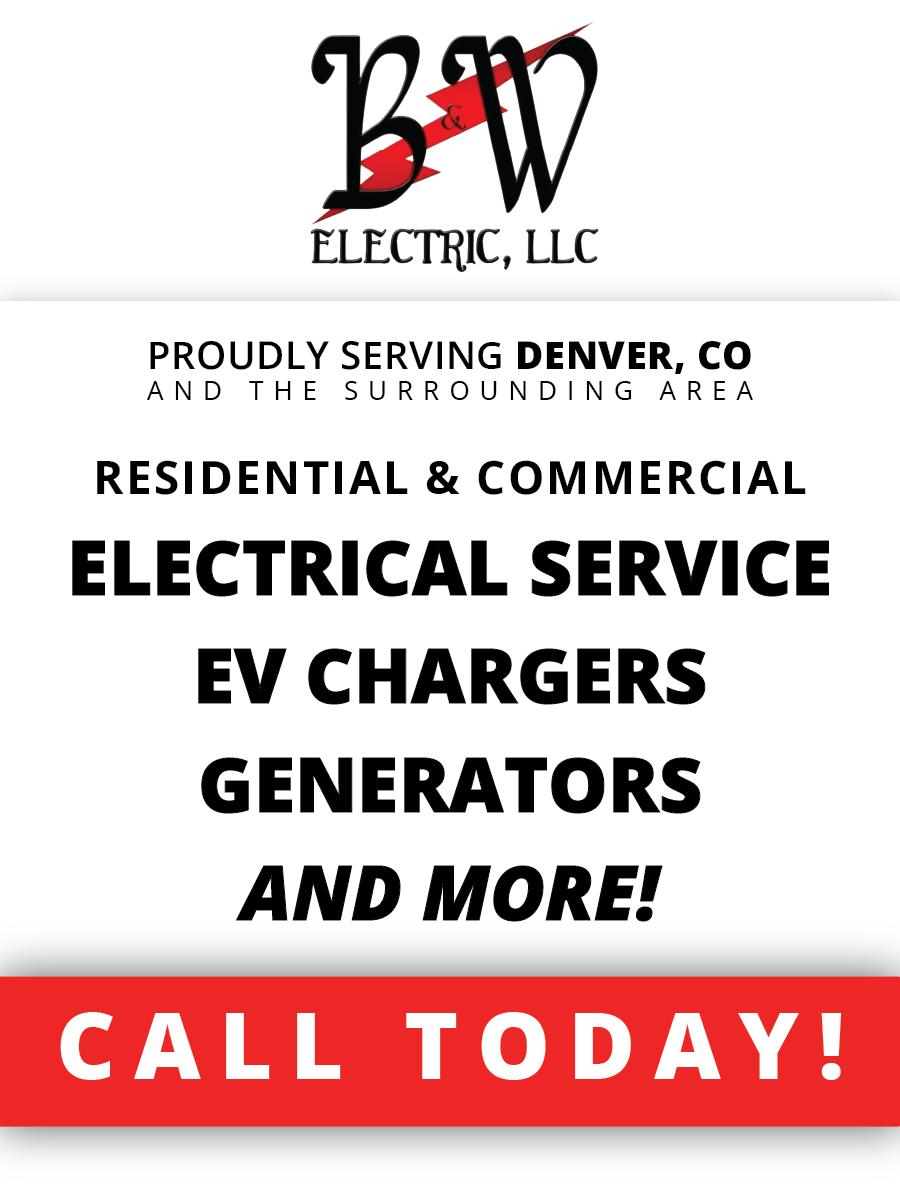When installing an electric vehicle (EV) charging station at home, you must understand the home wiring requirements for an electrical car in order to ensure safety and efficiency. It doesn’t matter if you’re upgrading your existing wiring or installing new systems, following the proper electrical setup is critical for optimal charging and preventing any potential electrical malfunctions (inadequate wiring can often lead to frequent tripped circuits, overheating, or even electrical fires).
In this blog, we’ll show how you can protect your home and maximize your EV’s performance by following the right electrical requirements and codes for setting up an electrical vehicle’s charging station.
EV Charger Installation Requirements
An EV charger installation in your home involves several critical steps and considerations. First, you’ll need to determine the type of charger that best suits your needs—either a Level 1 or Level 2 charger. Level 1 chargers use a standard 120V outlet, while Level 2 chargers require a 240V circuit for faster charging.
Before installation, assess your current electrical system by checking your home’s electrical capacity, upgrading the electrical panel if needed, and making sure there’s a dedicated circuit for the charger.
Hiring a licensed electrician may be necessary during this process. They can check that your installation complies with local electrical codes and is capable of handling the load required by the EV charger. Permissions and inspections are often required to ensure that the installation meets safety standards.
Detailed Electrical Requirements
Most EV chargers require a 240V circuit, which may not be available in every home, especially older ones. This may necessitate installing a new circuit or upgrading your electrical panel to accommodate the higher voltage and amperage required for Level 2 charging.
When upgrading your wiring, you’ll need a circuit with sufficient amperage. Typically, Level 2 chargers require a 40- to 50-amp circuit to operate efficiently, as well as wiring that’s appropriate for the load (generally an 8-gauge or 6-gauge wire, depending on the distance and amperage).
It’s also critical to adhere to the National Electrical Code (NEC) and local regulations for EV charger installations, as well as any additional building codes or requirements.
Car Charging Station Electrical Requirements
The electrical needs of your charging station depend on the type of EV charger you choose.
Level 1 chargers: These plug into a standard 120V outlet, require minimal electrical upgrades and can be installed easily, although it’s worth noting that they provide slower charging times, often taking up to 24 hours for a full charge.
Level 2 chargers: Because they require a dedicated 240V circuit that can charge an electric vehicle in just a few hours, installing a Level 2 charger usually involves more complex wiring and may even require upgrading your electrical panel to handle the increased power load.
EV Home Charger Requirements: Safety and Compliance
Safety is the ultimate consideration when installing an EV charger at home. Consult with a licensed electrician to check that all wiring is up to code, that the correct permits are obtained, and that the installation passes inspection.
In addition, it’s critical to conduct regular safety checks to determine whether your system is functioning correctly over time. This means inspecting wiring connections, verifying that the circuit breaker is rated for the charger’s load, and being diligent with regular maintenance.
Hire a Professional
In short, installing an EV charger at home requires careful planning and adherence to specific home wiring requirements for an electrical car. By understanding the proper electrical setup, following local codes, and focusing on safety through installation, you’ll be able to enjoy reliable and efficient charging while safeguarding your home from electrical issues.
And don’t forget: to ensure that the installation is both safe and compliant, it’s highly recommended that you consult with an experienced electrician every step of the way.
If you’re in the Denver area and looking to install an EV charger in your home, reach out to the seasoned professionals at B&W Electric to help you tackle the project today!
